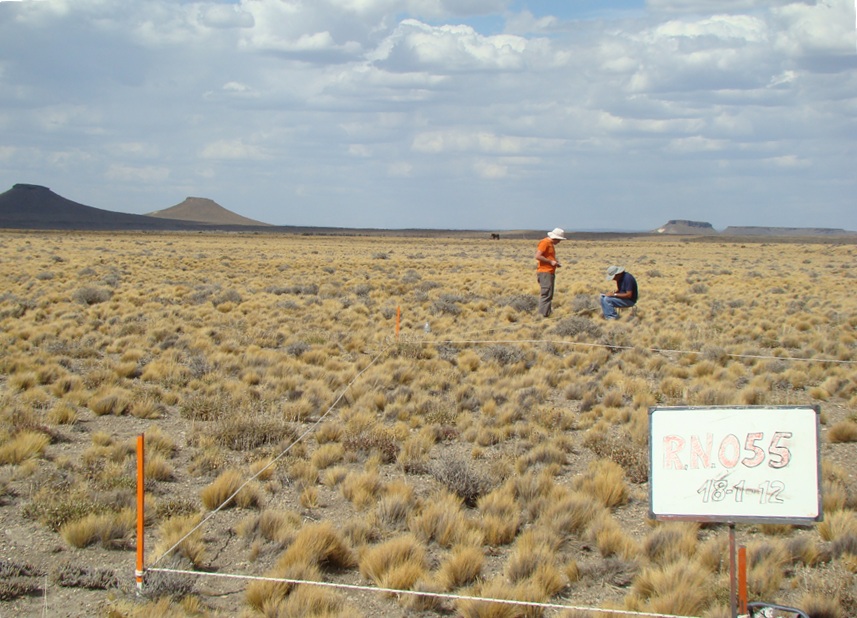Over 500 dominant species identified in the first global atlas of world soil bacteria
In cooperation with Universidad Rey Juan Carlos – URJC
An international team of researchers, including ERC grantee Fernando T. Maestre from Universidad Rey Juan Carlos (URJC), pieced together a global atlas of soil bacteria. The study, published today in Science, identifies some five hundred species of dominant bacteria living in soils worldwide. The findings, based on EU-funded research, could open new paths to improve soil fertility and increase agricultural production.

Soil bacteria form the vast majority of the earth's live biomass and play a key role in our lives. They control core processes for the development of ecosystems such as soil fertility, which is essential for food production. They also influence carbon storage, with a direct impact on climate change. A pinch of soil contains thousands of species and millions of bacteria cells, and our knowledge about these organisms is still scarce.
"Most of the soil bacteria have not yet been described, they do not match with existing genetic records and have never been cultivated in the laboratory," explains Prof. Fernando T. Maestre, who has received EU grants through the European Research Council for his projects BIOCOM and BIODESERT. "In large part, today's results have been possible thanks to the initial support of the ERC. It allowed us to believe in our intuition, to think big and to launch a global field survey that has been fundamental for carry out this work, which is an important step forward in our understanding of the bacterial communities living in the world´s soils."
The new study helps to better understand the identity of these bacteria and more importantly, their role in the functionality of our ecosystems. The research findings show that 2% of the global species of bacteria - some 500 species - comprise about half of the bacterial populations in any soil on our planet. Some of these microbes appear to be extremely dominant and common in our soils. By studying their functioning, future research could shed light on the microbial communities of agricultural soils, helping to preserve their health and increase the food productivity.
To carry out this study, the researchers collected soils in 237 different locations in six continents, from desert areas to tropical forests or polar regions. Physical and chemical analyses, combined with DNA sequencing techniques, revealed the dominant species and their preference for certain soil and climate characteristics. "Our results indicate that we can predict groups of dominant bacteria in the soil using environmental information, which is a fundamental advance in order to prepare distribution maps of these organisms globally" says Prof. Maestre.





